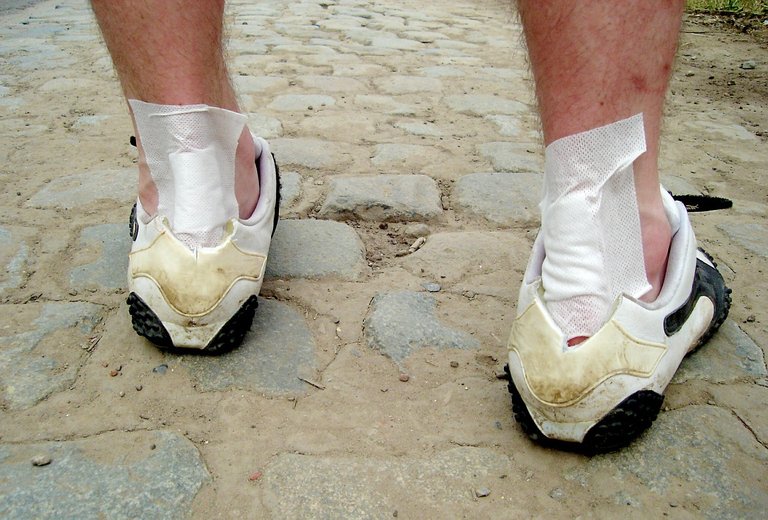Hello!
Everybody doing sports. Running, going to the gym, swimming, cycling, etc. we do sports. What do we do after that? After any physical effort we need recovery to get the most result of the stimulus produced. What this means?

source: pixabay
Let's continue:
Objectives of short-term recovery:
- washing of the metabolites produced by the effort;
- recovering energy consumed by effort;
- recovering liquid losses;
- Optimizing protein synthesis to repair muscle damage.
Means of immediate recovery:
- active recovery;
- rehydration;
- warm shower;
- post-exercise nutrition;
- recovery medication;
- massage;
- sleep.
Active recovery:
- consists of low intensity exercises at the end of the training session;
- results in faster removal of the lactate produced by the effort;
- The intensity of the exercises is 30% of that in the training for a period of 10-15 minutes.
Rehydration why is it important?
- Loss of only 2% of body fluids results in a 10-15% decrease in aerobic effort capacity;
- dehydration is highly correlated with fatigue;
- thirst is not a true indicator of the body's hydration status.
Rehydration solutions:
- the amount of liquids administered must be equal to 1.5 liters for each kilogram lost in training (at least 500 ml);
- The optimal rehydration solution contains -6% glucose (fruit juice sweetened with honey) -mineral.
Effort Posture:
Role: Stimulating the circulation for the metabolic products, relaxing muscles
- warm shower, 37 grd for 15 min (minimum);
- hot and cold alternative showers (2 min hot and 30 sec cold with 1 min of average temperature, repeated four times).
Post effort nutrition:
- carbohydrates for the recovery of glycogen;
- protein-repairing tissue damage;
- alkaline radicals - to combat effort-induced acidosis, administered one hour after exercise (maximum 2 hours);
- the first 15 minutes post-exercise: sweetened fruit juice with honey (rehydrating, intake of carbohydrates and alkaline radicals)
- after one hour (maximum two): "restoration mass" (contains carbohydrates and proteins in a ratio of 4: 1)
Remedies:
1.minerale;
2.vitamine;
3.carbohidrati;
4.proteins (amino acids);
5.other:
- non-specific (Ginseng, Folcisteina -U, Vitamin B15);
- Musculotrope (Antioxidant: Vitamin A, C, E, Selenium);
- neurotrope (Piracetam-Notropil, Piravitan);
- hepatotrope (arginine aspartate 1 g);
- alkalinizing (Sodium Bicarbonate5 -10 grams after training).
6.massage:
- produces muscle relaxation;
- stimulates local circulation;
- stimulates the removal of metabolic products by increasing venous return;
- anti-stress and anti-algic effect by endorphin release duration 15-60 min.
7.sleep:
- decreases cortisone level (stress hormone);
- increases growth hormone (role in tissue repair);
- increases glycogen synthesis,
- psychological recovery.
Long-term refurbishment:
- at the end of the week and at the end of the round;
- is more complex;
- complementary sports activities (eg swimming) - after an important competition;
- cure at altitude 600-800m;
- psychotherapy;
- oxygen therapy;
- sauna.
Schedule recovery:
- after each training session;
- at the end of the week, at least one day must be allocated for recovery;
- every 4-6 weeks book a period of 1-3 days, except weekly, for systemic regeneration;
- every 16-22 weeks the recovery period extends to 5-10 days.
Have a nice day :)
If you liked it Upvote and Follow me!@viorel